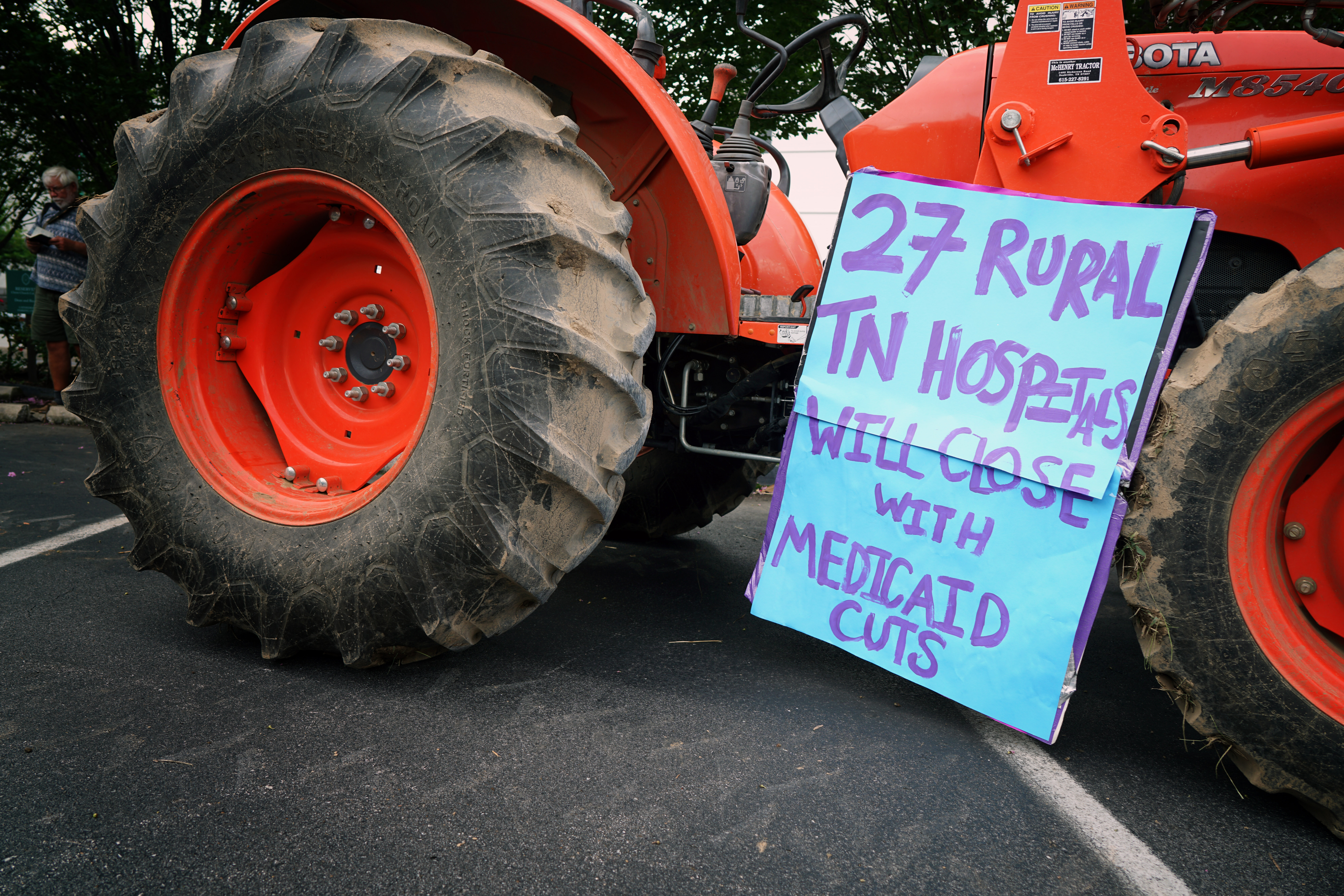Medicaid Expansion
Coverage ExpansionMedicaid is a state and federal health coverage program that serves more than 80 million* people, including adults and families with low-incomes, people with complex health needs and disabilities, and people over the age of 65.
The Affordable Care Act (ACA), passed in 2010, required all states to expand Medicaid coverage to adults with incomes up to 138 percent of the Federal Poverty Level (about $19,000 for an individual in 2022). However, the US Supreme Court decided in 2012 that states are not required to expand Medicaid, making coverage expansion of the program optional. As a result, at least two million people remain uninsured because they live in states with elected officials who have refused to expand Medicaid.
The people in these states — 60 percent of whom are people of color — have been waiting more than a decade since the passage of the ACA to access affordable health insurance. The 10 states are: Alabama, Florida, Georgia, Kansas, Mississippi, South Carolina, Tennessee, Texas, Wisconsin, and Wyoming.
Not surprisingly, a lack of access to health coverage is directly correlated with medical debt. In fact, nearly all of the counties where people have the highest levels of medical debt are located in states that have not expanded Medicaid.
Community Catalyst partnered with hundreds of organizations to support the passage of the Affordable Care Act in 2010, including Medicaid expansion. Our work, like the Together for Medicaid Project, helped drive successful Medicaid expansion efforts in 13 states to bring coverage to nearly 3 million adults. And we’ll continue to work with partners to advocate for expansion in states that haven’t yet expanded the program.
We also work to protect and improve Medicaid so that its services and supports are accessible, affordable, equitable, and of high-quality. To do so, we center people with Medicaid coverage and people who want to get covered by Medicaid but currently cannot to ensure their experiences and insight drive our efforts.
What’s happening now
At the start of the pandemic, Congress enacted the Families First Coronavirus Response Act (FFCRA), which included a requirement that Medicaid programs keep people continuously enrolled through the end of the month in which the COVID-19 public health emergency (PHE) ends, in exchange for enhanced federal funding. Primarily due to the continuous enrollment requirement, Medicaid enrollment has grown substantially compared to before the pandemic and the uninsured rate has dropped. However, Congress recently passed the Consolidated Appropriations Act of 2022, which enables states to redetermine eligibility for Medicaid and CHIP enrollees in April 2023, regardless of the PHE status. As a result, as many as 18 million people may lose their medical coverage.

